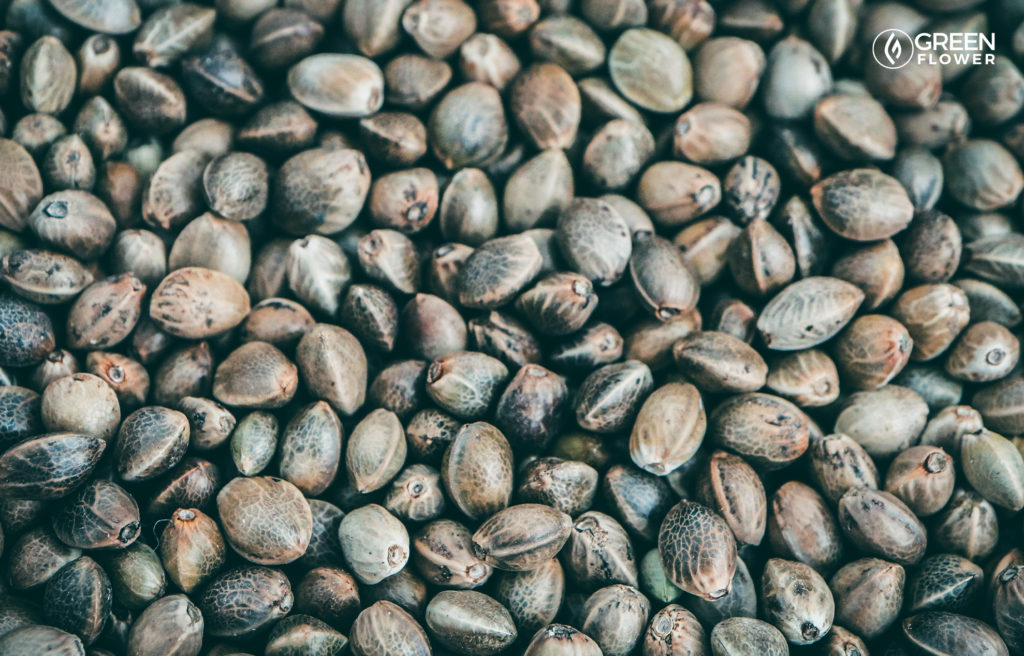In modern yrs, the discussion all-around sustainable farming practices has obtained momentum, with an expanding concentration on environmentally pleasant solutions. One intriguing player in this motion is the cannabis plant, particularly its seeds. Hashish seeds have emerged as a potential match-changer in sustainable agriculture, providing a myriad of benefits that prolong further than the realm of leisure and medicinal use.
The Eco-Pleasant Mother nature of Hashish Seeds:
Cannabis crops are acknowledged for their resilience and adaptability, producing them an great applicant for sustainable farming. The cultivation of cannabis seeds calls for much less pesticides and herbicides as opposed to a lot of other crops, contributing to a reduction in environmental air pollution. What’s more, cannabis crops have deep root techniques that assist avoid soil erosion, promoting soil wellbeing and fertility.
Drinking water Effectiveness:
Water scarcity is a significant worry in agriculture, but hashish has established to be a comparatively h2o-efficient crop. Hashish crops have a exceptional potential to prosper in assorted climates, from arid regions to much more temperate zones, allowing for cultivation in areas where by h2o sources may perhaps be minimal. This adaptability will make cannabis seeds a promising solution for farmers wanting to preserve water and decrease their environmental effects.
Biodiversity and Crop Rotation:
Sustainable farming practices normally emphasize the relevance of biodiversity and crop rotation to retain soil wellness. Hashish suits perfectly into these concepts, as its cultivation can add to crop rotation cycles, avoiding the depletion of nutrition in the soil. Moreover, hashish crops guidance biodiversity by offering a habitat for many insects, birds, and microorganisms that participate in very important roles in ecological equilibrium.
Carbon Sequestration:
A single typically-forgotten aspect of cannabis cultivation is its likely to act as a carbon sink. Hashish plants take in carbon dioxide throughout photosynthesis, serving to mitigate the outcomes of weather adjust. When developed on a large scale, hashish has the capability to sequester sizeable quantities of carbon, producing it a precious ally in the combat from international warming.
reference : A Versatile and Sustainable Crop:
Inside the hashish family members, hemp stands out as a significantly flexible and sustainable crop. Hemp fibers can be employed to develop a large selection of eco-welcoming goods, like textiles, paper, and biodegradable plastics. Hemp seeds, prosperous in protein and crucial fatty acids, are a wholesome addition to human and animal meal plans, supplying a sustainable option to regular crops.
Economic Advantages for Farmers:
In addition to its environmental advantages, cultivating cannabis seeds can present economic positive aspects for farmers. The expanding demand for hemp-derived merchandise, these kinds of as CBD oil and hemp-based textiles, opens up new profits streams. As far more countries legalize and control hashish cultivation, farmers have the opportunity to diversify their crops and faucet into a burgeoning market place.
Problems and Concerns:
Even though the likely rewards of hashish seeds in sustainable farming are promising, there are difficulties and issues that are unable to be overlooked. Regulatory frameworks, various legal statuses, and the stigma involved with hashish cultivation can pose hurdles for farmers. Nonetheless, as attitudes in the direction of cannabis proceed to evolve globally, it is very important to address these issues to unlock the comprehensive prospective of cannabis in sustainable agriculture.
Summary:
Hashish seeds have the possible to revolutionize sustainable farming tactics by offering a crop that is resilient, water-productive, and environmentally helpful. As the entire world grapples with the urgent require for sustainable remedies in agriculture, checking out the choices of hashish cultivation turns into significantly very important. By embracing the ecological advantages of hashish seeds, farmers can contribute to a greener upcoming when reaping financial benefits. It is time to understand cannabis not just for its recreational and medicinal value but also for its function in cultivating a far more sustainable and resilient agricultural landscape.
